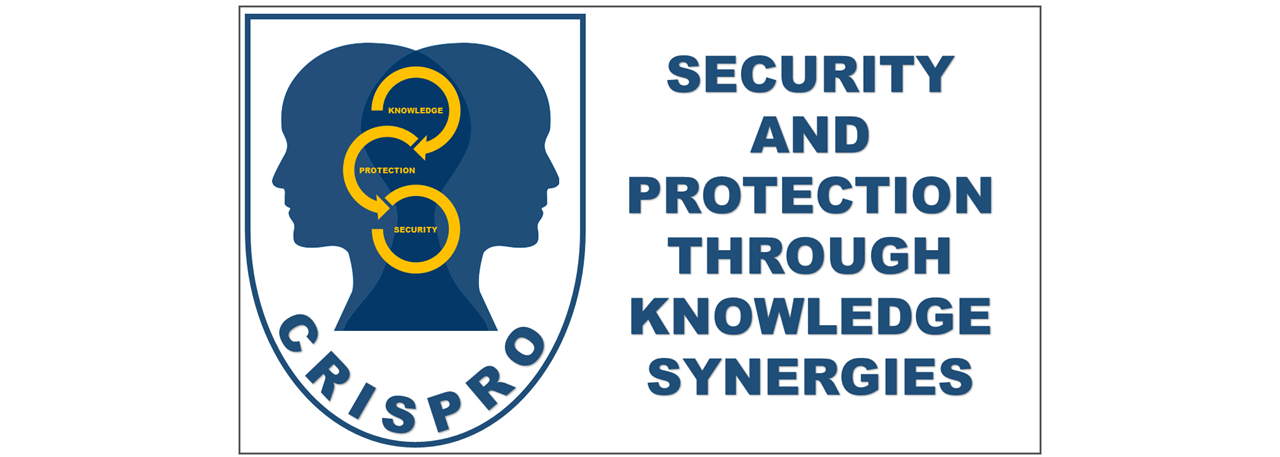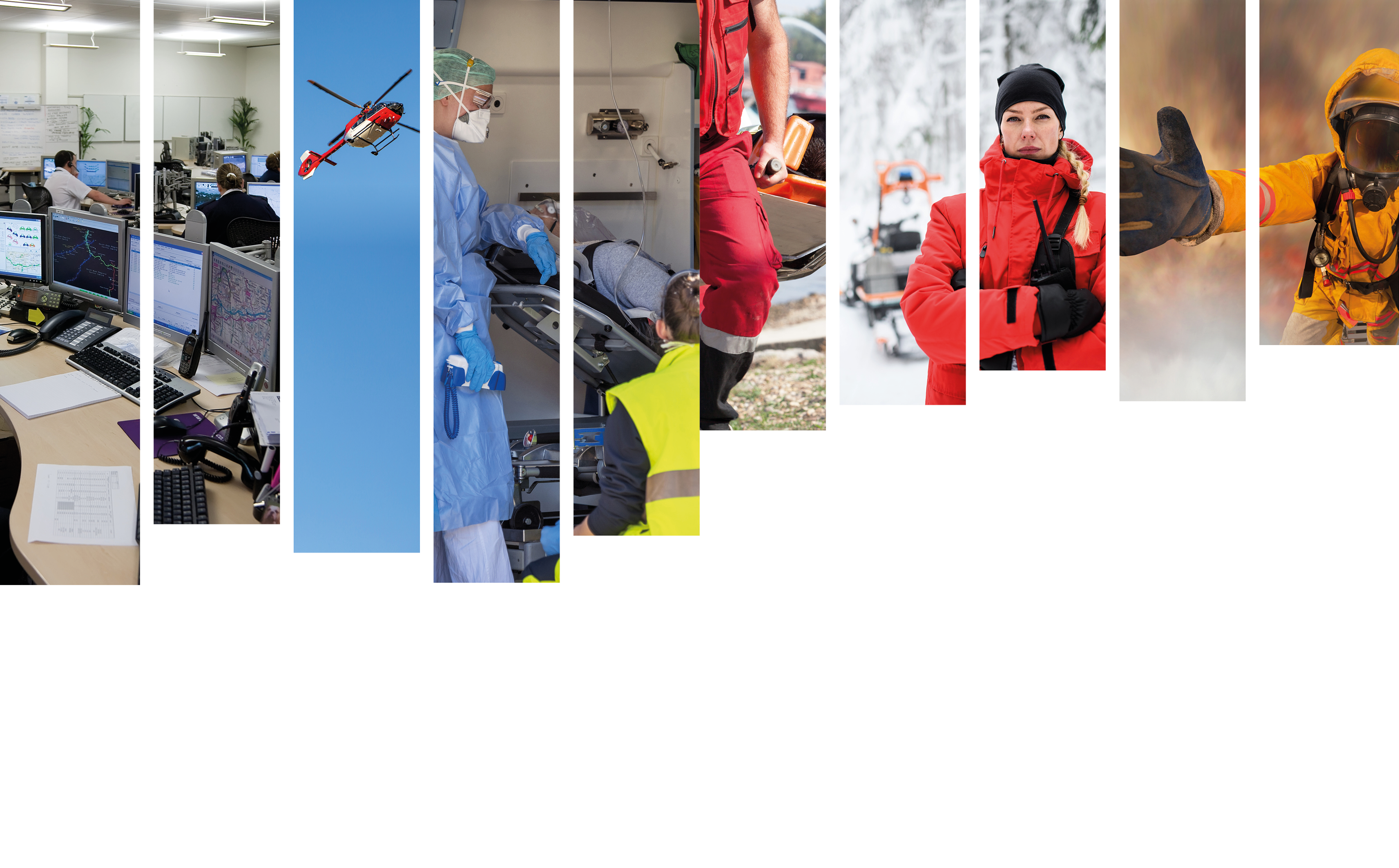Recognising the shared knowledge in risk assessment and reducing the impact of disasters on the population, economic sectors, critical infrastructures, ecosystem services and cultural heritage is the main proposition of the new EC report – “Science for disaster risk management 2020: acting today, protecting tomorrow”. The publication was officially presented at the workbook launching event on 23rd march 2021. You can follow the recorded online event on https://webcast.ec.europa.eu/science-for-disaster-risk-management-2020-acting-today-protecting-tomorrow.
“The book helps experts from diverse regions in our Member States to access knowledge across disciplines, across borders and policies building a more resilient Europe based on science and knowledge… The JRC is putting its long expertise in the field sourcing from different areas such as the Copernicus emergency management services with early warning systems and satellite mapping services”, mentioned Ms Marya Gabriel, the European Commissioner for Innovation, Research, Culture, Education and Youth. The Commissioner also expressed great appreciation for the work done by over 300 experts who drew lessons from COVID-19 and other disasters.
“The EC is strongly committed to ensuring that all policies are firmly grounded in an evidence-based approach. This is particularly true for disaster risk management. By relying on lessons learnt as the bases for our decisions, we can better prepare for tomorrow’s threats, including the unique risks and challenges post by future crises”, said Janez Lenarčič, the European Commissioner for Crisis Management. He also stressed the need to strengthen the abilities to response to multiple hazards and fight on many fronts at once. An example of a similar challenge, he referred to the first large deployment to emergency amidst a pandemic situation in Beirut last year. Besides, the Commissioner highlighted that the Europeans should increase the visibility and access of knowledge to policy-makers and first responders’ preparedness and operation. In the age of data, the sustainability and relevance of scientific knowledge are to be ensured. The Horizon research programme would support various risk assessment initiatives and disaster reduction with a reach portfolio of calls in civil society, security, digital age, climate change, etc.
Tackling the disaster impacts on population, economic sectors, critical infrastructure, environment and cultural heritage, the report deals with many links between hazards and vulnerabilities to support robust and effective action.
Dozens of practices and lessons learned studying the impacts help manage risks and prepare measures to prevent, mitigate, and prepare for future events outlined in the Joint Research Centre-led book. The knowledge gained is supporting risk prediction and the planning of measures to manage risk. The report is proper for citizens’ and students awareness learning, and you can download the disaster workbook from the link https://drmkc.jrc.ec.europa.eu/knowledge/science-for-drm/science-for-disaster-risk-management-2020.

